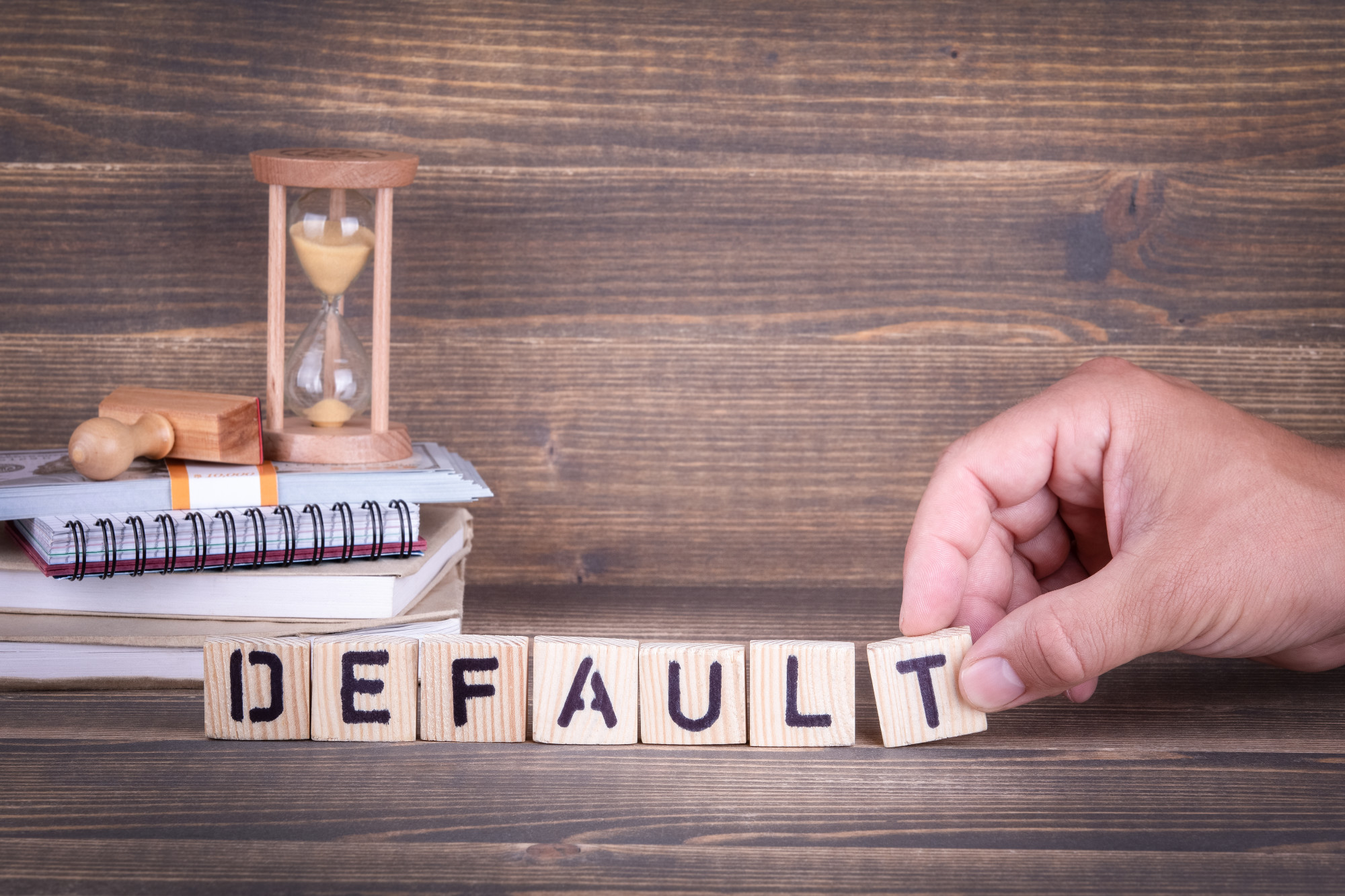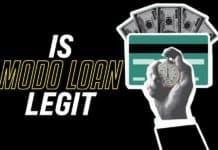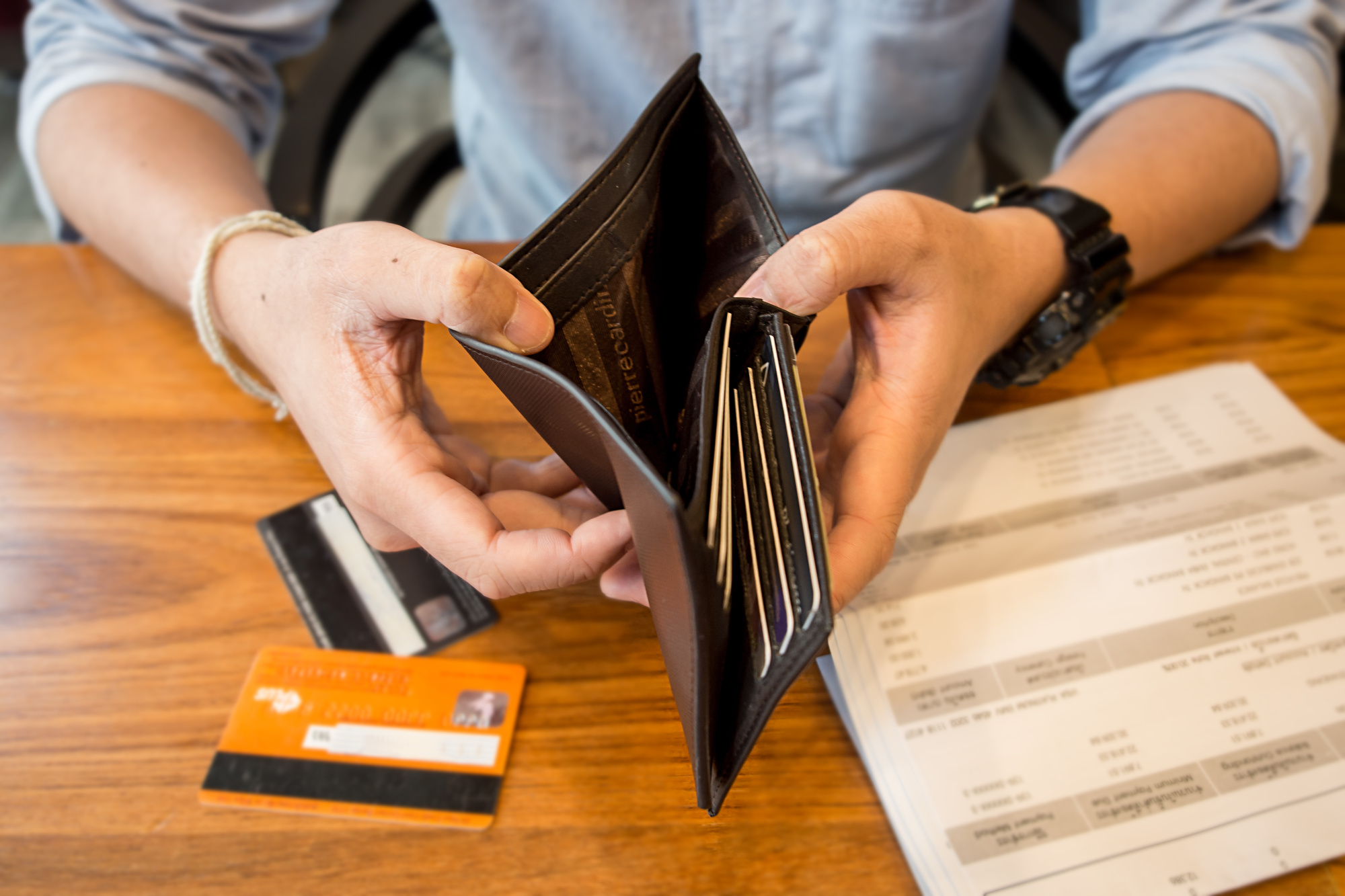Consumer loan delinquency rates in the US started at 2.44% in the first quarter of 2020. By the fourth quarter, it dropped by a considerable 0.44%, ending the year with a delinquency rate of 1.96%.
Now 1.96% may seem small, but that’s primarily due to the COVID-19 debt relief programs issued in 2020. If it weren’t for these allowances, delinquency and default rates would be much higher.
What exactly does it mean for a loan to be delinquent or in default, though? Why should you even avoid defaulting on a personal loan in the first place?
We’ll answer all these questions in this comprehensive guide to loan defaults, so be sure to read on!
What Does It Mean for a Personal Loan To Be in Default?
Borrowers can end up defaulting on a personal loan if they miss the payment due date by 30 to 90 days. This means that their payment is late by one to three months. The exact number of days before a loan goes into default depends on the loan type, lender, and loan terms.
How does defaulting differ from being delinquent, then?
A personal loan is delinquent if the borrower is only a few days late on making the payment. Most lenders offer a grace period of 10 to 15 days at which a loan still classifies as “delinquent.”
Many lenders also charge a late fee if the payment still doesn’t come in after that grace period. The late fee can be a dollar amount or a percentage of the minimum amount due.
As you can see, being delinquent is still better than defaulting on a personal loan. You still have time to pay, and your lender won’t report your late payment to the credit bureaus yet. However, once your payment is over 30 to 90 days late, your lender already has the right to report it as a late payment.
What Happens Then if You Default on a Personal Loan?
First, your lender can delegate your loan to its in-house collections department. They may also sell your case to a third-party debt collection company. Either way, you can expect calls, text messages, and emails from these collectors.
If your unpaid loan is a secured personal loan, the lender or debt collector can seize the collateral. An example of a secured personal loan is a title loan. In this case, your vehicle title is the collateral, so if you don’t pay the loan back, the lender can take your car.
If you have an unsecured personal loan, the lender or collector can take you to court. Their goal would be to get you to pay back the loan, usually through wage garnishment. They may also ask the court to place a lien on any valuable asset you have, such as a vehicle or a house.
If you took out a loan with a co-applicant, that person would receive collection calls, too. As a co-signer or co-borrower, they agreed to pay back the loan in case one of you defaults. In this case, the lender or collector could demand the other party to pay back your part of the loan.
Do note that you have rights under the Fair Debt Collection Practices Act (FDCPA). For example, you have every right not to get harassed with threats of arrests or bodily harm. The FDCPA also protects you from debt collectors who may speak to you in a profane or obscene way.
What Are Other Consequences of Defaulting on a Personal Loan?
Studies found a link between being in debt and a higher risk of developing anxiety or depression. Having to deal with persistent debt collectors, in turn, can cause even more stress. That should be reason enough to avoid defaulting on a personal loan.
More than that, your credit score and credit or loan eligibility will take a serious hit if you default on a loan.
A Significant Dip in Your Credit Score
The FICO scoring model is the most common type of credit score in the US, with 90% of credit decisions based on it. Base FICO scores are most often used by lenders, which have an overall range of 300 to 850. The lowest range is “very poor” (300 to 579), while the highest is “excellent” (800 to 850).
If you have a “very good” score of between 740 to 799, a 30-day late loan payment can pull it down by more than 60 to 80 points. If you have a 90-day delinquent loan payment, you can expect your score to drop by more than 110 to 130 points.
Most US consumers have FICO scores that classify as “good” scores, which range from 670 to 739, though.
As of the latest (2020) report, the average FICO score reached a high of 710. This is the score that can get severely affected by 90-day delinquency. With that kind of late payment, a 710 FICO score can drop by 160 to 180 points.
Defaults and Low Credit Scores Often Lead to Credit Denial
Defaults are some of the most common types of negative information in credit reports. Most negative information, in turn, remains on credit reports for seven years. One of the few exceptions is bankruptcy; this can stay on your report for up to a decade.
Having negative credit information, such as a default, makes you a “high-risk” borrower. To lenders, this means you have the potential to default on a new loan. As such, they’re likely to deny your request for a new loan or credit.
Low credit scores are also the chief reason behind the rejection of as many as three in four personal loans. So, if your low credit score is due to a previous default, a future loan application is even more likely to get denied.
One more thing to keep in mind: each “hard check” on your credit knocks a few points off your credit score. So, each time you apply for a traditional loan (even if you’re not sure you’ll get approved), your score can suffer.
However, according to the financial site, Plenti, some lenders only need to do “soft” checks. These checks don’t impact credit scores, but they can give you an idea about your eligibility.
Eligibility for Loans With Much Higher Interest Rates
Let’s say you defaulted on a loan but paid it back during the collection process. In this case, the default would still appear on your credit report and pull your score down. However, your payment will show up on your report and may slightly mitigate the effects on your score.
If your pre-default credit score was high, you might still qualify for a new loan or credit. However, your default will still be a risk factor, so you can expect higher personal loan rates.
To give you an idea, borrowers with a credit score of 720 or higher pay an average personal loan interest rate of 12.5%. This goes up to 15.5% for scores of 690 to 719 and 19.9% for scores between 630 and 689. Borrowers with scores below 689 pay a whopping 32% for interest alone.
What Should You Do if You’re About To Default on a Loan?
As the consequences of defaulting on a personal loan are far too big, it’s best to speak to your lender as soon as you can. Most lenders prefer that borrowers reach out to them instead of just letting a loan default. Borrowers who speak to their lenders usually get an allowance for making payments.
Call your lender and tell them about your financial situation. They may provide you some form of debt payment relief, such as an extension to your due date. Depending on how long you need, you may only have to pay a small extra fee for the late payment.
Some lenders also offer loan payment deferment, which is usually good for one to two months. In this case, you won’t have to make any payment yet, based on the deferment terms. Instead, you’ll pay the deferred loans together with the current amount due.
Let’s say your lender lets you defer your payments for two months. By the third month, you’d make three months’ worth of loan payments to the lender. Your lender may also charge other extra fees for letting you “off the hook” for one or two months.
Be Proactive To Avoid Defaulting on a Personal Loan
As you can see, defaulting on a personal loan can affect your credit standing for at least seven years. The fact alone that you’ll get collection calls should be enough to make you do the best you can to avoid a loan default.
So, if you’re pretty sure you can’t pay your loan on time, ring up your lender as soon as you can. Your proactiveness can be the ticket to getting a debt relief option.
Ready for more guides like this to boost your financial know-how? Be sure to stick around and check out our other educational resources then!












